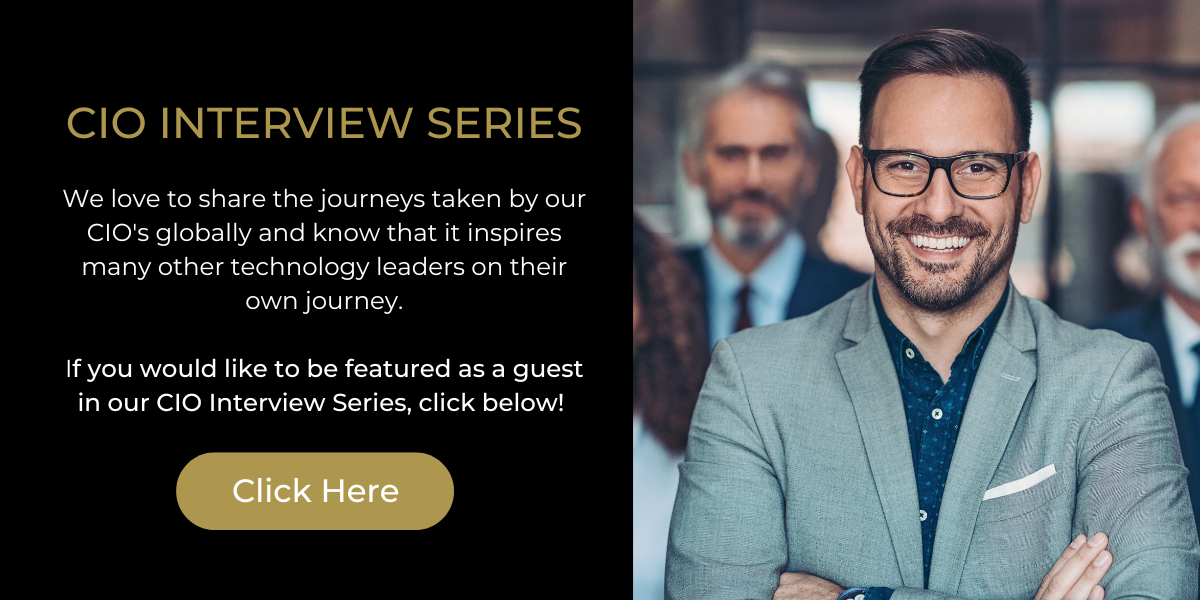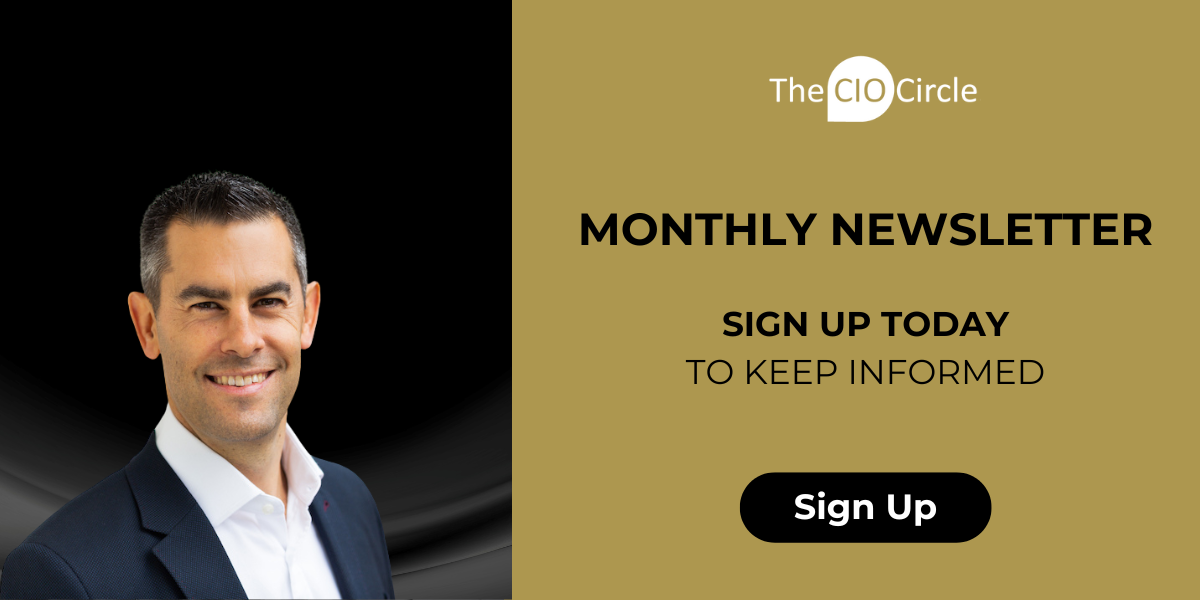ANDREW RAYNES
CIO at Royal Papworth Hospital NHS Foundation Trust
Can you please provide a little introduction about yourself
Hi – my name is Andrew, and I’m currently an executive and Chief Information Officer at Royal Papworth Hospital NHS Foundation Trust in Cambridgeshire – we’re the UK’s leading heart and lung hospital and care for more than 50,000 patients every year.
What has your journey to your position been like? What path have you taken?
I’ve clocked up more than 20 years experience in the health and private sectors now, including overseas, though it doesn’t feel like it’s been that long.
My journey has been varied and I feel very privileged to have been able to be involved in a real wide-ranging number of projects – like the implementation of IT in a GP-led practice at HMP Thameside on the Belmarsh Prison Estate, and the implementation of Liquidlogic, a children and adult social care system while at Leicester City Council. I was the IT Programme Director at Barking, Havering and Redbridge University Hospitals NHS Trust, and joined the Royal Papworth team in 2017.
I think keeping our own development in check is important, and I’m a graduate of the Oxford Said Executive Leadership programme, and have a Master’s degree in Healthcare Informatics, specialising in education.
And in terms of career path – if you Google my name a note comes up about ‘Andy Raynes, former strongman’ with my photo alongside…but I shall neither confirm or deny whether that’s me!
Has it always been your vision to reach the position you’re at? Was your current role part of your vision to become a tech leader?
Hand on heart, I can say absolutely yes. I’ve always been interested in health IT, and
I remember my first experiences of a ‘green screen’ Unix platform (a family of
multitasking, multiuser computer operating systems) in the 90s. From there I have
enjoyed learning different aspects of the IT profession, and particularly how they can
be applied to health and improving people’s lives.
Have you had a role model or mentor that has helped you on your journey?
Many. I’ve been lucky that lots of leads and managers have invested their time, energy and belief into my development over my career, and that’s something I very much try to embody and pass on to my own teams. That said, I believe we are also all in control of our own destiny and I’ve tried to invest personally in my own development where I had opportunities to do so. I self-funded my MSc and for me, it was a hugely worthwhile investment.
Having leadership buy-in also really matters and our Chief Executive at Royal Papworth Hospital, Stephen Posey, has had the foresight to make digital a priority for the organisation, and made the CIO position an executive one on the Trust Board. Opening doors and giving space for digital to grow, which will in turn support both the Trust and the wider system with it, has been welcome and appreciated.
How do you see the role of the technology leader evolving over the next 5 years?
I think the leader needs to be able to be an integral part of the team, but to also work as part of a bigger system so that change impacts in the biggest and best way possible. We need to continue to develop our craft, and our people, to have the bravery to call out things that we don’t think are right, and to be a steady ship in ensuring the work we do is in good interest and commits to a positive, productive way of working.
What skills do you think leaders of the future will need in order to thrive?
Foresight, creativity, patience, enthusiasm, tenacity…the list is never exhaustive!
How do you keep current with new skills, technologies and personal development?
There are so many good things out there – so many in fact that it can sometimes be tricky to pick through what’s adding the most value to you or your situation. If I see something of interest I will read it, but I like to keep a few reliable, regular particular sources to hand that I know are honest and up-to-date. This just helps to manage that absolute plethora or information and knowledge that’s available in health and tech.
What do you see as the next leap in technology that will impact your business or industry in particular?
In health we are really pushing to move away from silo working – so joining up what we do with our wider system partners is better. That will mean that clinicians will have better, more reliable patient information at their fingertips, allowing better, quicker, decision-making that could very realistically improve outcomes. That’s a hugely exciting venture.
"Don’t give up, both be yourself and believe in yourself, and create a good support network."
If you were mentoring a leader of the future, what advice or guidance would you give to help them on their way?
Don’t give up, both be yourself and believe in yourself and create a good support network. Get a coach, be real and have humility. Forget history and the learning that’s gone before you at your peril – try to use it in a way that brings value. Be consultative, fair and open, always.
Is there anything in particular that you would still like to achieve in your career or what is the next step on your journey?
The chief executive or world leader? Perhaps out of my reach, ha. Honestly – simply to be content.
If you could change one thing in the world, what would it be?
Ending world poverty, with peace, health and prosperity for all. How could I ask for anything else?
A big thank you to Andrew Raynes from Royal Papworth Hospital NHS Foundation Trust for sharing his journey to date.
If you would like to gain more perspective from Tech Leaders and CIOs you can read some of our other interviews here.
December 1, 2021


